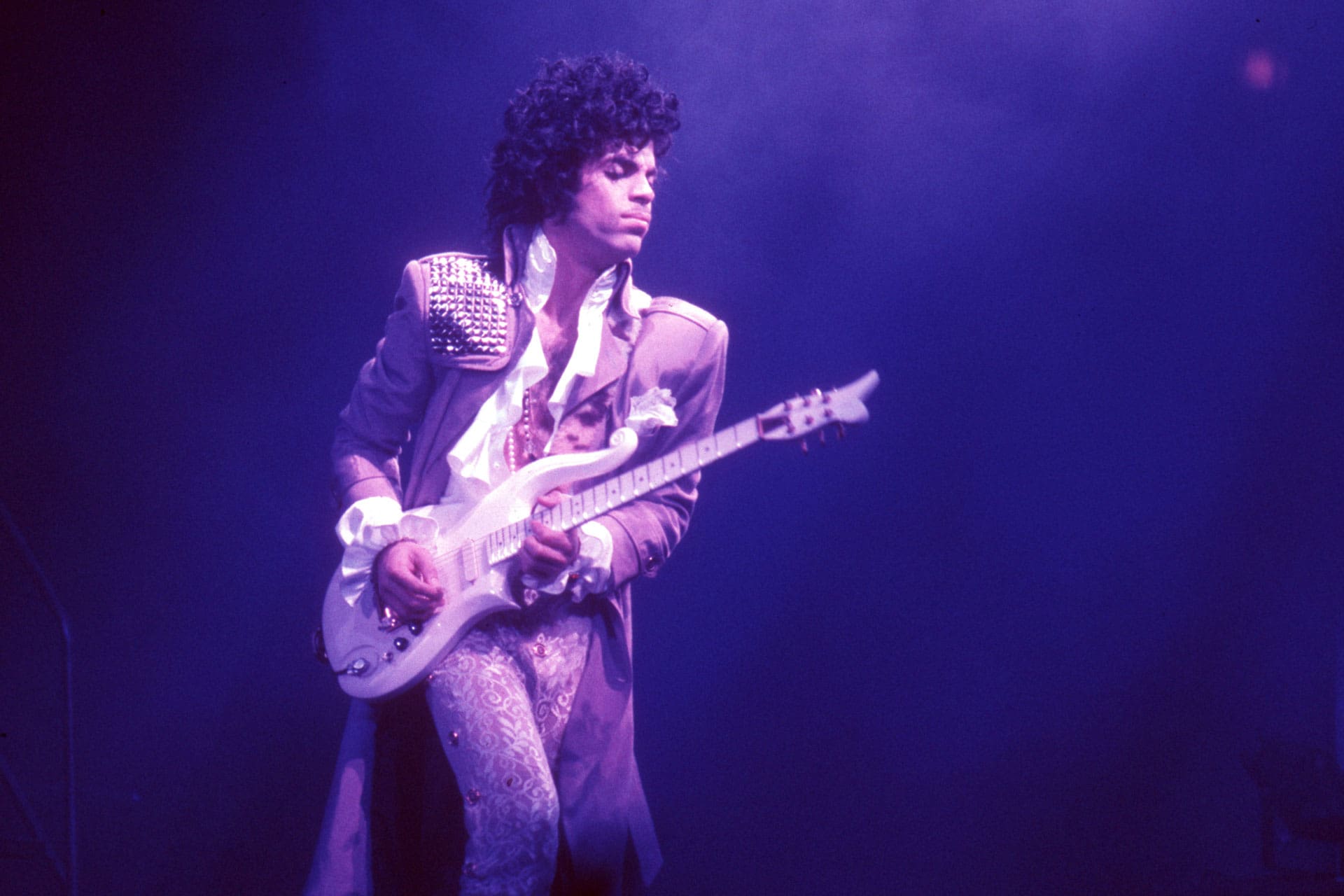Uhm, do you kinda find it odd that Prince’s sister Tyka Nelson said that her brother’s death wasn’t hard at all, yet we have fans who have not even moved on from his death?
Well, apparently, the reason why Tyka said the death didn’t hit hard was because Prince had prepared her for about two years for his death. And allegedly, this preparation included disclosing many of the things Prince had learned about the industry and dark truths about people like Diddy.
So, what exactly did Tyka say before she died about what Prince told her? Was she also aware of Diddy’s dark truth?

The world has long been captivated by Prince, a musical genius who defied conventions and revolutionized the music industry. Yet, the story of Prince and his sister, Tyka Nelson, reveals layers of intrigue that extend far beyond their artistry. Tyka, Prince’s only full sibling, was deeply intertwined with his personal and professional life.
Before her death on November 4, 2024, Tyka reportedly shared shocking insights into the truths Prince uncovered about the music industry, including allegations about figures like Sean “Diddy” Combs. These revelations have reignited discussions about the dark underbelly of the music world, raising questions about what Prince knew, what he confided in Tyka, and why both siblings’ lives were marked by controversy.
Tyka Nelson and Prince shared an extraordinary bond. Despite public perceptions that they were not close, Tyka often spoke of their deep connection. She described how Prince, following their parents’ guidance, took on a protective role during their childhood. This closeness endured even as their careers took different paths—Prince achieved superstardom, while Tyka pursued music on a smaller scale.
Their bond deepened during Tyka’s struggles with addiction, when Prince intervened to help her find sobriety. Tyka publicly credited her brother with saving her life by arranging for her to enter rehab. This act of care exemplified Prince’s role as a steadfast supporter in her life, a dynamic that later reversed when Prince began preparing Tyka for his own death.
In interviews, Tyka revealed that Prince spent two years helping her come to terms with the inevitability of his passing. He reportedly shared his concerns about the industry, including its exploitative practices and the troubling behavior of certain power players.
Prince’s history of conflict with the music industry is well-documented. A pioneer in challenging the traditional artist-label dynamic, Prince famously fought Warner Bros. over ownership of his masters, leading him to change his name to an unpronounceable symbol in protest. He described himself as a “slave” to the system and used his platform to criticize the exploitation of artists.

One of Prince’s most striking critiques was his condemnation of how major labels, including Warner Bros., treated their artists as commodities. He advocated for creative freedom and financial independence, a stance that alienated him from industry elites but resonated with countless artists and fans. Prince’s defiance became a hallmark of his career, but it also made him a target in an industry where conformity often ensures survival.
According to Tyka, Prince was deeply wary of certain figures in the music world, including Sean “Diddy” Combs. Prince reportedly warned his sister about the darker side of the industry, including the behavior of individuals who prioritized profit over ethics. Tyka allegedly shared that Prince viewed Diddy as emblematic of this troubling culture, particularly regarding his treatment of artists and involvement in exploitative practices.
Diddy has faced numerous accusations over the years, including allegations of mistreating artists under his Bad Boy Records label. Stories of financial exploitation, unfulfilled promises, and manipulative contracts have surrounded his legacy. Prince, who championed artists’ rights and creative autonomy, likely found such practices abhorrent. He was vocal about the need for artists to reclaim their power, often encouraging his peers to reject the status quo and fight for fair treatment.
Before her passing, Tyka reportedly made cryptic remarks about the truths Prince had shared with her. She alluded to his belief that the “elites” in the music industry were responsible for his declining health and eventual death. Prince, known for his clean lifestyle, died in 2016 from an accidental overdose of counterfeit pills laced with fentanyl. Many fans and conspiracy theorists have since questioned the official narrative, pointing to Prince’s outspoken criticism of powerful figures as a possible motive for foul play.

Tyka also hinted that Prince’s wariness extended to social dynamics within the industry. She allegedly described an incident involving Diddy hosting a party at Prince’s home—a rare occurrence that left a lasting impression. Guests reportedly observed peculiar restrictions, including a ban on personal security, raising questions about the event’s true purpose. Prince, who did not attend the party, subsequently refused to host Diddy again, suggesting he disapproved of what transpired.
Both Prince and Tyka Nelson used their platforms to shed light on the inequities within the music industry. Prince’s relentless fight for artistic independence inspired generations of musicians to assert control over their work. Tyka, though less publicly prominent, carried his message forward by sharing the insights he had confided in her. Together, their voices challenged an industry often criticized for prioritizing profit over humanity.
Tyka’s death, like Prince’s, has reignited conversations about the pressures and perils of the music world. Her willingness to speak out about the exploitation her brother faced and the alleged misconduct of figures like Diddy highlights the ongoing need for transparency and accountability in the industry.
The stories of Prince and Tyka Nelson underscore the complexities of navigating the music industry as a creative visionary. Their experiences serve as a cautionary tale, reminding artists to remain vigilant against exploitation and to prioritize their integrity over fleeting success. For fans, the revelations about Prince’s struggles and Tyka’s warnings offer a glimpse into the sacrifices behind the music they love.
As the music industry continues to evolve, the legacies of Prince and Tyka stand as a testament to the power of speaking truth to power. Their courage in confronting systemic injustices inspires hope that future generations of artists will carry their torch, advocating for a more equitable and ethical creative landscape. Whether or not the full extent of Prince’s and Tyka’s revelations ever comes to light, their enduring impact on music and culture is undeniable.



